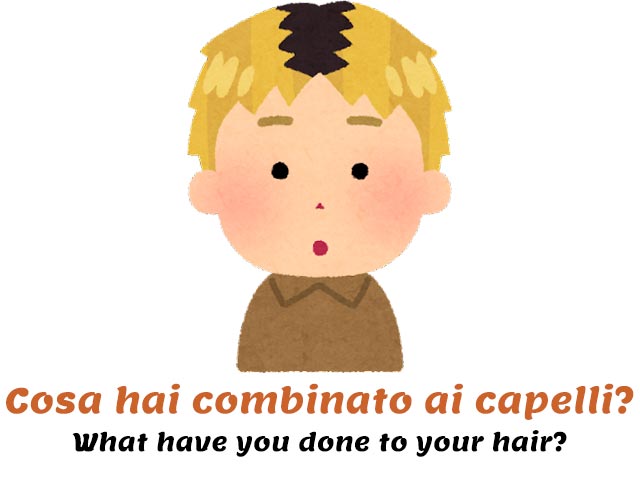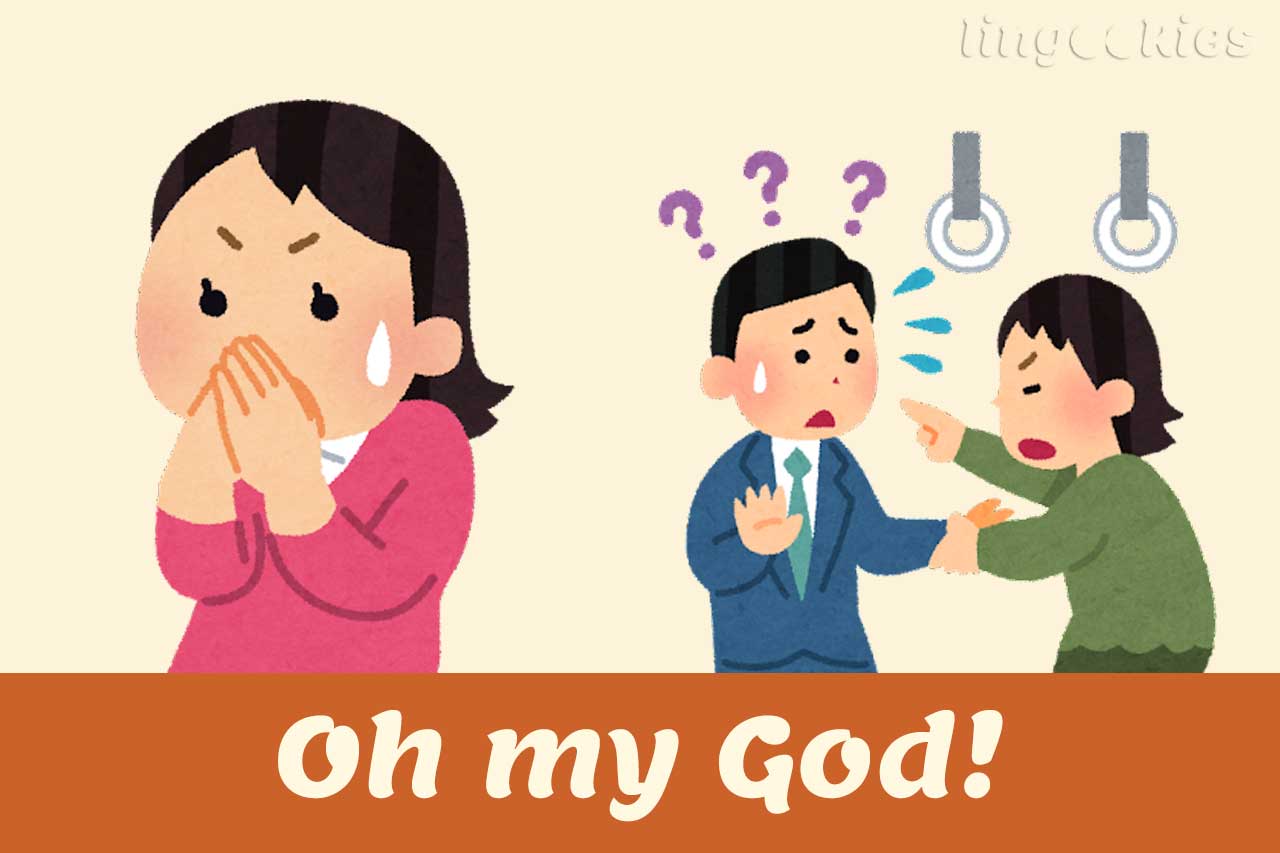Oddio!
Oddio! is by far the most common way to say oh my God in Italian.
Oddio!
Oh my God!
Oddio, un serpente!
Oh my God, a snake!
Oddio, ho dimenticato di spegnere il fornello!
Oh my, I forgot to turn off the stove!
Oddio is actually the shortened form of oh mio Dio, which literally translates as oh my God. You can hear how it is pronounced in the next paragraph.

Oh mio Dio!
Oh mio Dio!
Oh my God!
Dio means god in Italian. When it’s used to mean “God” as in the Christian God, it’s capitalized: Dio. When it’s used to refer to a deity of a pantheon, like the Greek gods, gli dèi greci, it’s not capitalized. Deity is translated as divinità.
Its plural form is often written as dèi, with a stress mark on the -e-, to help readers distinguish it from the preposition dei (of the, masculine plural). The stress mark is not mandatory, but it’s a good practice.
Now, what’s the difference between oddio and oh mio Dio? We’ve said that oddio is more common than the other, but when people want to emphasize the concept, they most often say oh mio Dio.
Oh. Mio. Dio. Cosa hai combinato ai capelli?
Oh. My. God. What have you done with your hair?

Dio mio!
Dio mio literally translates as “God my”. In Italian, in very few cases such as this one, you can add a possessive adjective (mio) before the noun it refers to.
The exclamation Dio mio! is not as common as oddio or oh mio Dio, but it’s still used by some older people (not young people, because it sounds a bit old-fashioned).
Dio mio!
Oh my God!
More free Italian resources
You might want to keep learning Italian online with these free Italian resources:
❤️ If you liked this lesson on how to say oh my God in Italian, share it with your friends!


